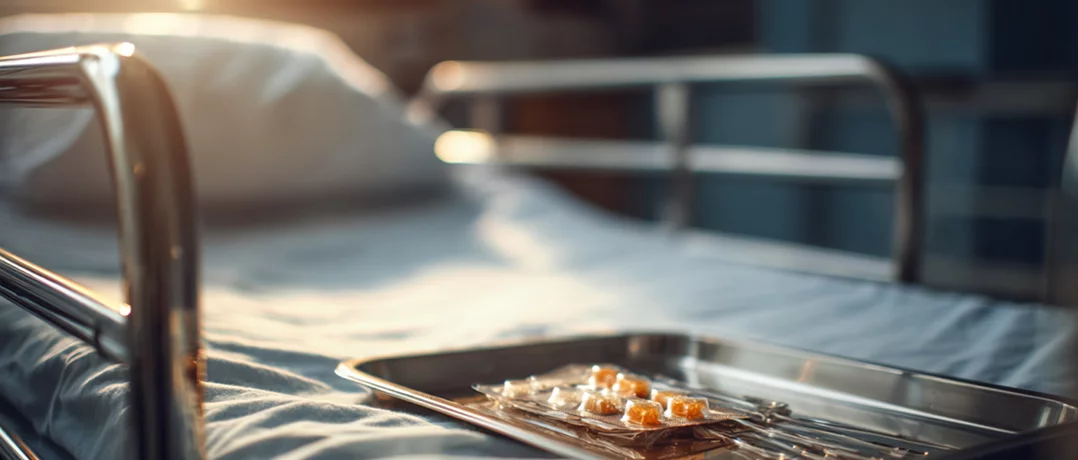Lebanese American doctors provide free joint-replacement surgeries in Baalbek and Nabatieh, aiding underserved patient
Michigan doctors bring lifeline surgeries to Baalbek and Nabatieh
Michigan doctors bring lifeline surgeries to Baalbek and Nabatieh


A team of Lebanese American physicians from Michigan has completed a two-week medical mission in Baalbek and Nabatieh, offering free joint-replacement surgeries and critical consultations to dozens of patients who would otherwise be unable to access advanced orthopedic care.
Led by Dr. Hussein Darwiche, chief of joint replacement surgery at Detroit Medical Center and a professor at Wayne State University, the delegation performed 50 hip and knee replacements and evaluated scores of other patients in two government hospitals. The mission was organized by the Arab American Foundation, whose president, Osama Siblani, helped coordinate logistics between Detroit, Paris, and Beirut.
A mission powered by the diaspora
Every member of the medical team, including orthopedic surgeons and specialists, travelled to Lebanon at their own expense. Their work was supported by a network of partners:
Stryker, the Michigan-based medical device company, donated all prosthetic implants.
Detroit Medical Center provided the surgical equipment used in both hospitals.
Lebanese authorities, General Security, Middle East Airlines, and multiple logistical coordinators facilitated the transportation of equipment from the U.S. to Lebanon.
For Lebanon’s strained public-health sector, weakened by economic collapse, staff shortages, and outdated infrastructure, the arrival of a highly trained surgical team represented a rare moment of relief.
The mission began at Baalbek Governmental Hospital, where medical teams operated on patients suffering from severe arthritis, fractures, and mobility-limiting conditions. Many were able to stand and walk within a day of surgery, with most discharged after 24 to 48 hours, a remarkable turnaround in a public hospital setting. Local medical staff described the mission as a “lifeline” in a region where specialized orthopedic surgeries have become financially inaccessible to the majority of families.
A second phase in the south
After Baalbek, the delegation moved to Nabatieh Governmental Hospital, continuing surgeries and conducting dozens of medical consultations. Hospital administrators in the south echoed Baalbek’s gratitude, noting that economic hardship has forced many patients to postpone or abandon treatment entirely.
The mission demonstrated how targeted medical interventions, backed by community networks and corporate partners, can deliver rapid, high-impact results for underserved regions. The Arab American Foundation says similar missions are planned for additional Lebanese regions, a sign that the partnership between Michigan’s Lebanese American medical community and Lebanon’s public hospitals is only just beginning.


